Ignition Coil Capacitor :Unmatched Quality at Competitive Prices
The 103 capacitor is a small ceramic capacitor with a capacitance of 10,000 pF (0.01 µF). It is widely used in electronic circuits for filtering, decoupling, and energy storage, ensuring stable voltage regulation and signal integrity.
Ignition Coil Capacitor Based on Installation
radio capacitor ignition coil
The ignition coil capacitor is a vital component in the ignition system of internal combustion engines. Its primary function is to suppress voltage spikes and prevent electrical noise that could damage sensitive components like the ignition coil. The capacitor is typically placed in parallel with the ignition coil and helps regulate the electrical charge, ensuring stable spark production for efficient combustion. By reducing electrical interference, it enhances engine performance, fuel efficiency, and overall reliability. Failure of the ignition coil capacitor can lead to erratic spark behavior, engine misfires, or decreased power output. It is crucial for maintaining optimal engine operation, especially in modern vehicles and machinery.
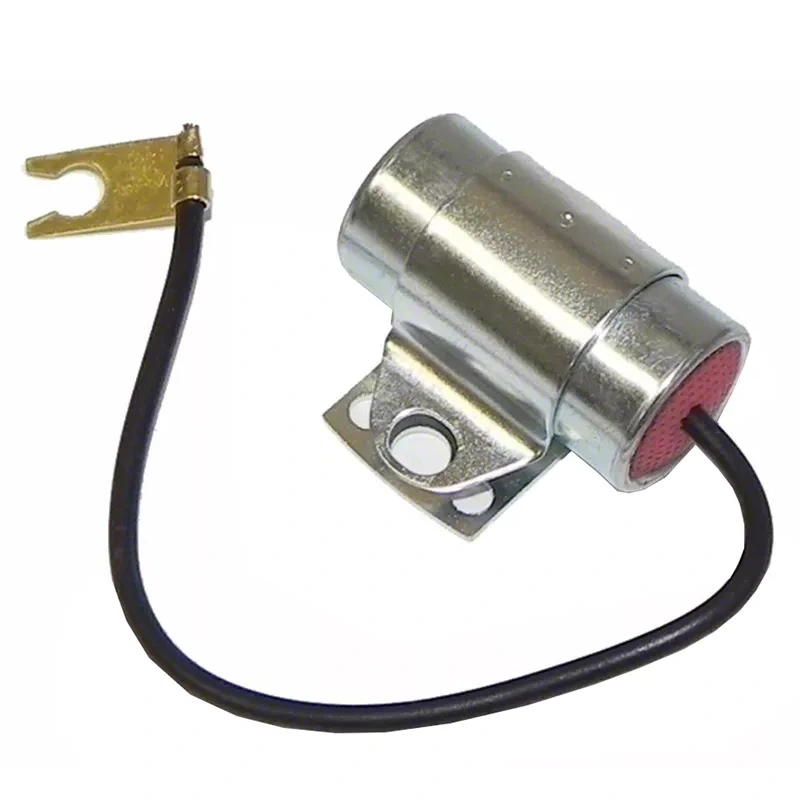
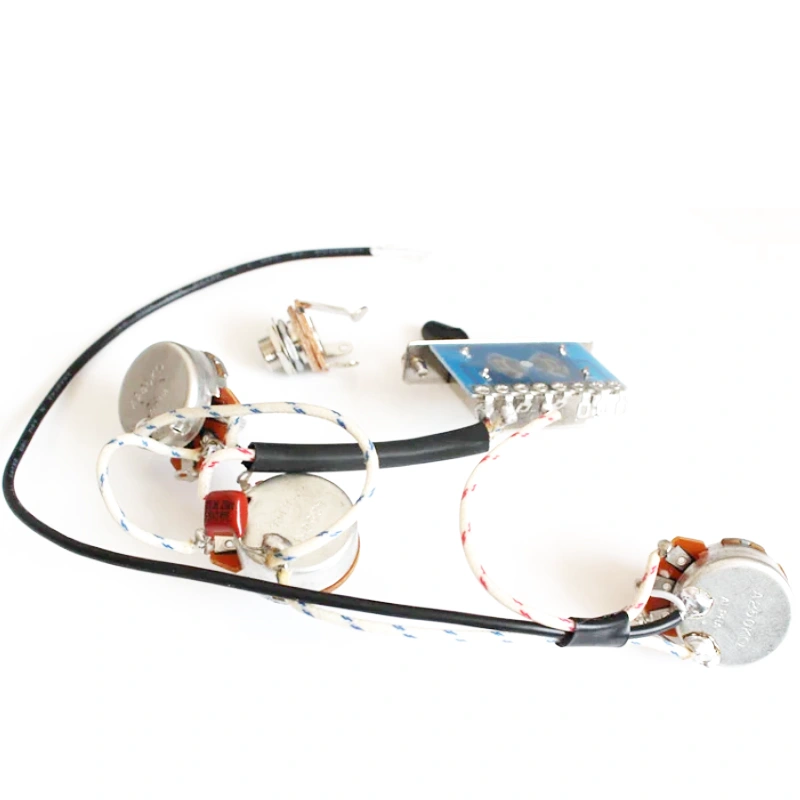
single coil capacitor value
The single coil capacitor value refers to the capacitance rating of the capacitor used in conjunction with an ignition coil. This value is typically measured in microfarads (µF) and determines the capacitor’s ability to store and release electrical energy to suppress voltage spikes. The correct capacitor value is essential for ensuring smooth operation of the ignition system. A capacitor with too high or too low capacitance could disrupt the ignition process, leading to poor engine performance or even damage to the ignition coil. The single coil capacitor value is crucial for fine-tuning the electrical characteristics of the ignition system, optimizing spark generation, and improving fuel efficiency.
Ignition Coil Capacitor Based on Function
Suppression Capacitors
Suppression capacitors, also known as noise suppression capacitors, are used to reduce electromagnetic interference (EMI) in electrical systems. They work by filtering high-frequency noise signals that can affect the performance of sensitive electronics, including ignition systems. In automotive applications, suppression capacitors are often placed across the ignition coil or spark plugs to prevent electrical surges that could lead to radio interference or component damage. These capacitors ensure stable ignition by smoothing out voltage spikes and improving signal clarity. By mitigating electrical noise, suppression capacitors contribute to better engine performance, lower emissions, and reduced interference with other electronic devices in the vehicle.
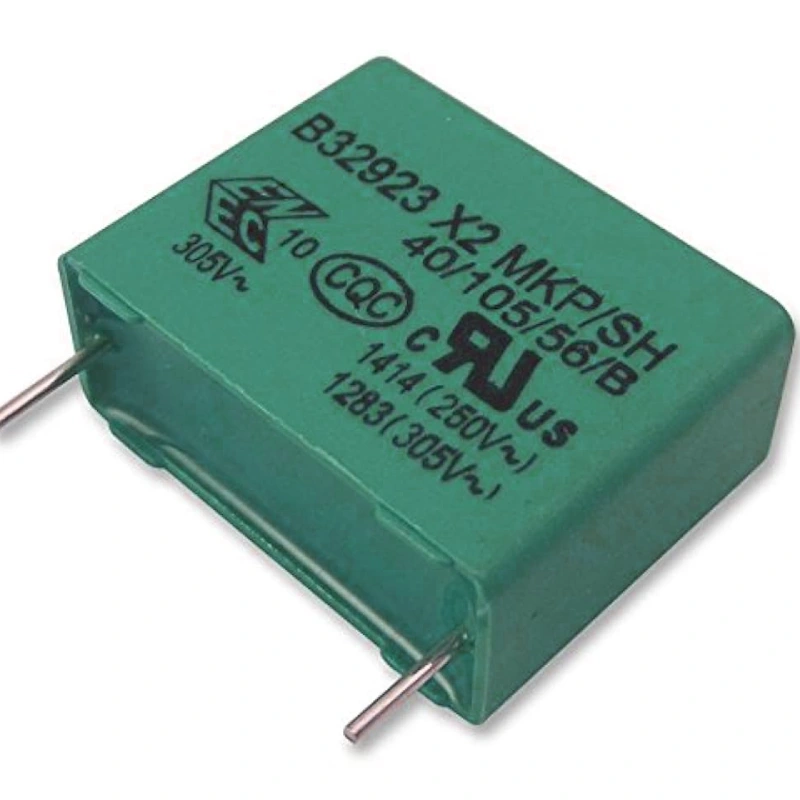
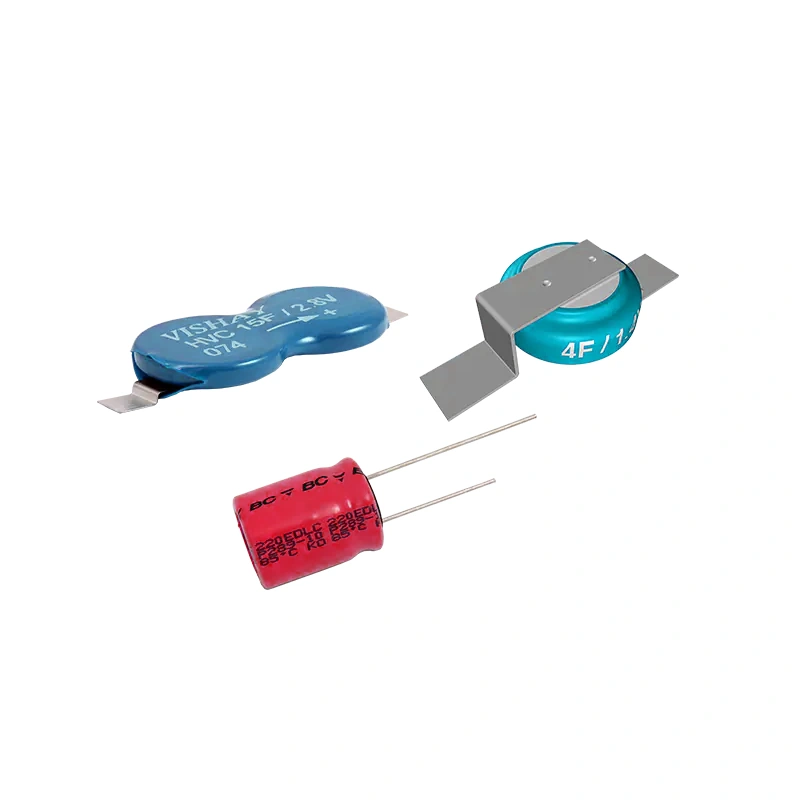
Energy Storage Capacitors
Energy storage capacitors are designed to store electrical energy for later use. These capacitors are commonly used in applications requiring rapid discharge of stored energy, such as in power backup systems, electric vehicles, and ignition systems. In the context of ignition coils, energy storage capacitors help regulate the voltage delivered to the ignition coil, ensuring that the coil operates at optimal efficiency. These capacitors temporarily store energy during engine operation and release it when needed to produce a spark. They play a critical role in enhancing the performance and longevity of the ignition system by providing a stable and consistent energy supply during ignition events.
Ignition Coil Capacitor Applications and Uses
Automotive Industry: In vehicles, ignition coil capacitors are used to prevent electrical noise and voltage surges in ignition systems. By maintaining voltage stability, these capacitors help the spark plugs function efficiently, ensuring smooth engine operation. They are crucial in both traditional combustion engines and modern electric vehicles.
Industrial Equipment: In industrial machinery, ignition coil capacitors are used to enhance the performance of combustion engines in generators and heavy equipment. They ensure a stable spark generation, which is essential for efficient operation and reliability of engines used in construction or manufacturing machinery.
Power Generation: In power generation systems, particularly those using gas turbines or diesel engines, ignition coil capacitors are used to regulate the voltage spikes produced during ignition, ensuring consistent performance and prolonging the life of electrical components within the generator.
Motorcycles: Motorcycles rely on ignition coil capacitors to prevent power loss due to electrical spikes during ignition. This results in more efficient combustion and reliable starting, ensuring that the engine runs smoothly across various conditions.
How Ignition System Works
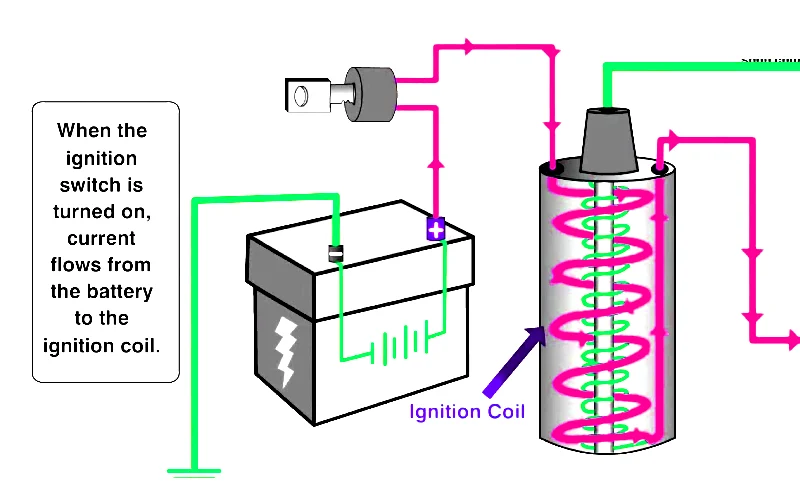
The ignition system is crucial for starting an internal combustion engine and ensuring efficient power generation. It creates a spark that ignites the air-fuel mixture in the engine’s cylinders, enabling combustion. Here’s a breakdown of how it works:
Power Supply: The ignition system is powered by the car’s battery. When the engine is turned on, the battery sends electrical power to the ignition coil.
Ignition Coil: The ignition coil transforms the low-voltage power from the battery into high-voltage electricity. The coil consists of two windings—primary and secondary. When current flows through the primary winding, it generates a magnetic field. This field collapses when the current is cut off, creating a high-voltage surge in the secondary winding.
Distributor: In older ignition systems, the distributor is used to direct the high-voltage electricity from the ignition coil to the correct spark plug at the precise moment. It rotates, triggered by the engine’s camshaft, to ensure that each spark plug fires in the proper sequence.
Spark Plug: The high-voltage electricity travels through the spark plug wire and jumps across the spark plug’s gap, creating a spark. This spark ignites the air-fuel mixture in the engine’s combustion chamber, causing the fuel to burn and generate power.
Timing: The timing of the spark is crucial for engine performance. It must be precisely coordinated with the position of the pistons and the intake and exhaust valves. In modern vehicles, the ignition timing is controlled by the engine control unit (ECU), which uses sensors to adjust the spark timing for optimal performance.
Modern Ignition Systems: Modern systems, such as electronic ignition, eliminate the need for a mechanical distributor. Instead, the ECU uses sensors to trigger the ignition coil directly, ensuring more precise control over the timing and efficiency of the ignition process.
Ignition Coil Capacitor FAQs
The ignition coil capacitor helps regulate voltage and prevent electrical surges in the ignition system, ensuring stable and efficient spark production for combustion engines.
No, it’s essential to use a capacitor specifically rated for the voltage and specifications of your ignition coil. Using an incorrect capacitor could cause damage to the ignition system.
By stabilizing the voltage output from the ignition coil, the capacitor ensures a consistent spark, leading to better fuel efficiency, smoother operation, and reduced wear on engine components.
A failed capacitor can cause erratic spark generation, leading to misfires, poor fuel efficiency, and potential engine damage over time.
No, it’s essential to use a capacitor specifically rated for the voltage and specifications of your ignition coil. Using an incorrect capacitor could cause damage to the ignition system.
If the ignition coil capacitor fails, it can lead to erratic or weak sparks, which may cause engine misfires, difficulty starting, or decreased power output. In some cases, a failed capacitor can also damage the ignition coil or other electrical components in the system.